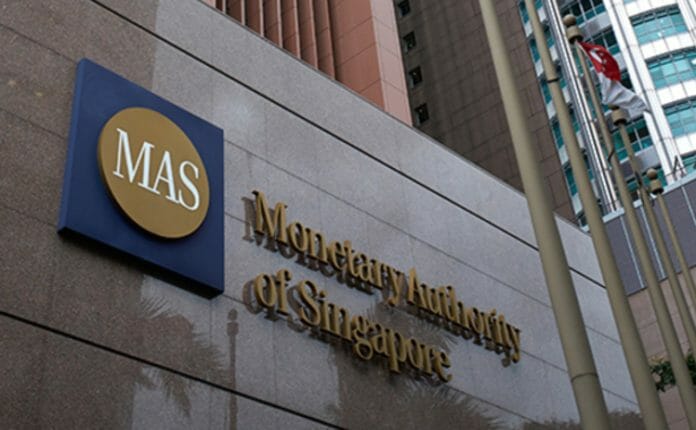The Monetary Authority of Singapore (MAS) recorded its largest net loss of S$30.8 billion (US$22.8 billion) in the financial year that ended Mar 31, widening from a S$7.4 billion loss in the year before that.
This was due to a rising Singapore dollar resulting in negative currency translation effects, as well as higher interest expenses incurred as part of mopping up excess liquidity in the banking system, MAS managing director Ravi Menon said on Wednesday (Jul 5) at the release of the central bank’s annual report.
MAS said it made a “small” investment gain of S$0.6 billion on the country’s official foreign reserves amid the challenging market environment where both bond and equity markets performed poorly.
But this was outweighed by the appreciation in the Sing dollar and higher interest expenses on domestic money market operations.
The Sing dollar saw a “broad appreciation” against currencies – such as the US dollar and the euro – that the official foreign reserves were held in, as the central bank tightened monetary policy three times during the financial year to tame inflation.
This resulted in “significant negative currency translation effects” as MAS’ financial results are reported in the Sing dollar, it said.Total expenditure ballooned to S$13.7 billion, from S$2.8 billion, mainly due to higher interest expenses on MAS bills and other borrowings for domestic money market operations.
Due to the loss, MAS will not contribute to the government’s consolidated fund, nor return profits to the government for the financial year.
As a “conservative measure” to ensure it remains well‐capitalised relative to its assets, MAS said it increased its issued and paid‐up capital by S$25 billion to S$50 billion in the financial year.
As of Mar 31, the total capital and reserves of MAS was at S$34.3 billion.









